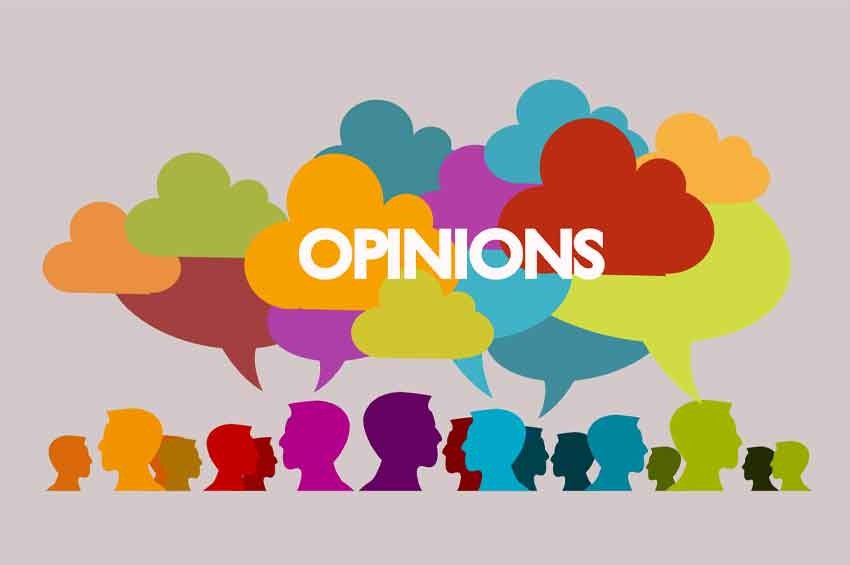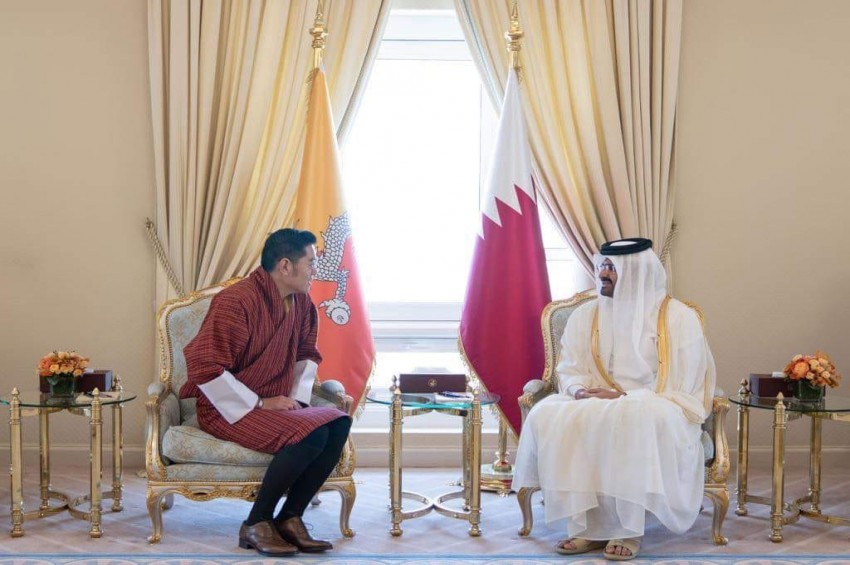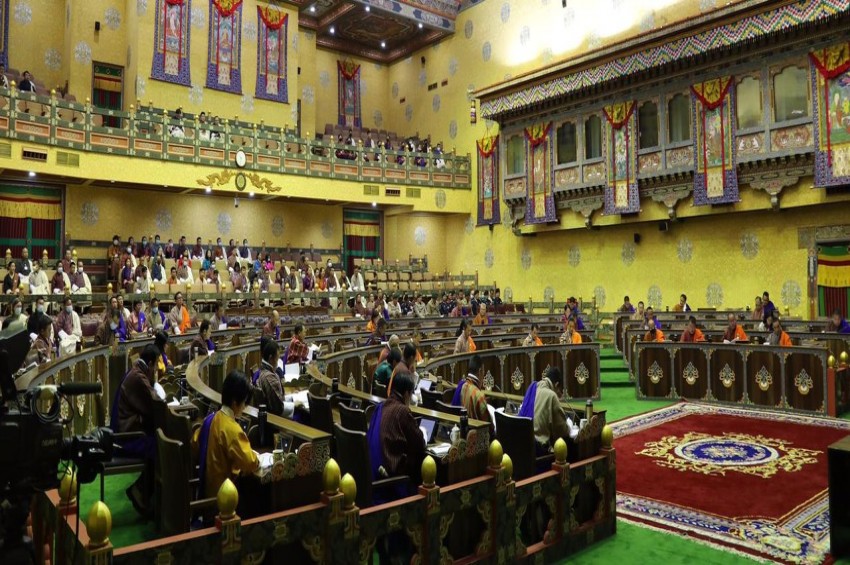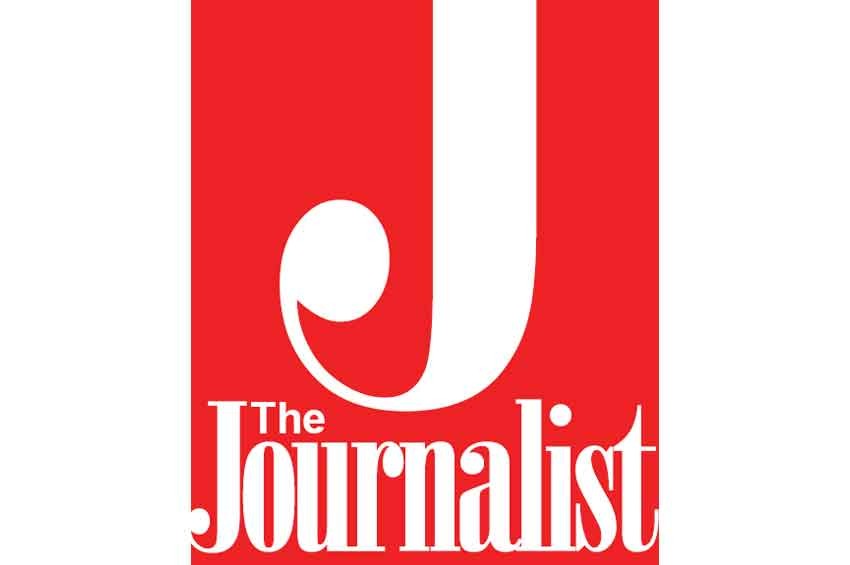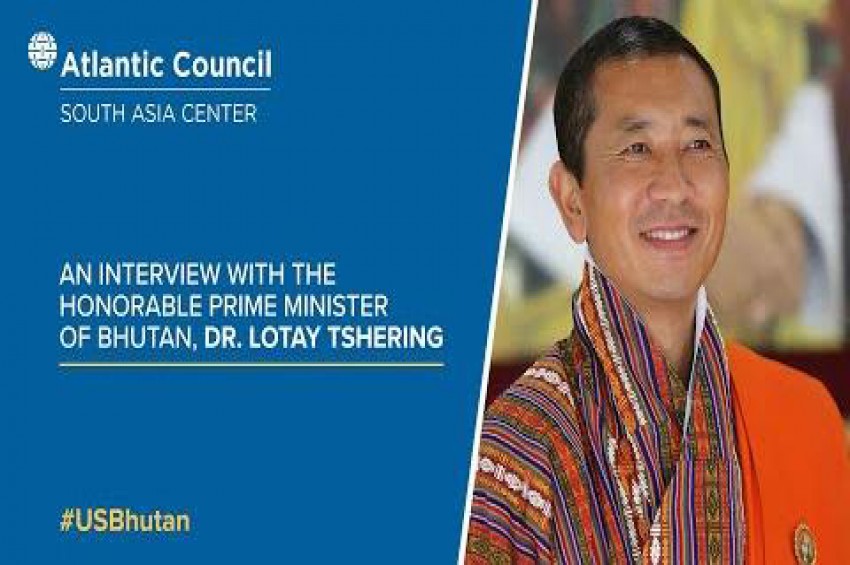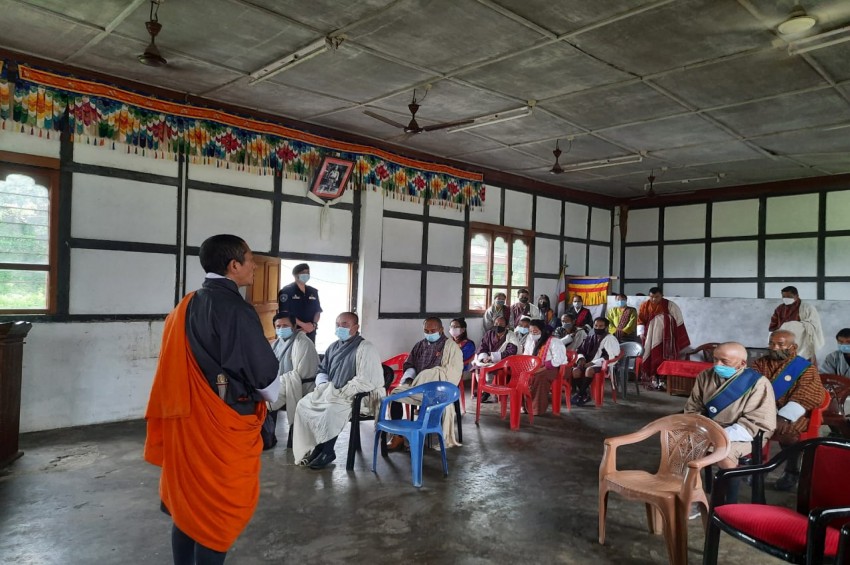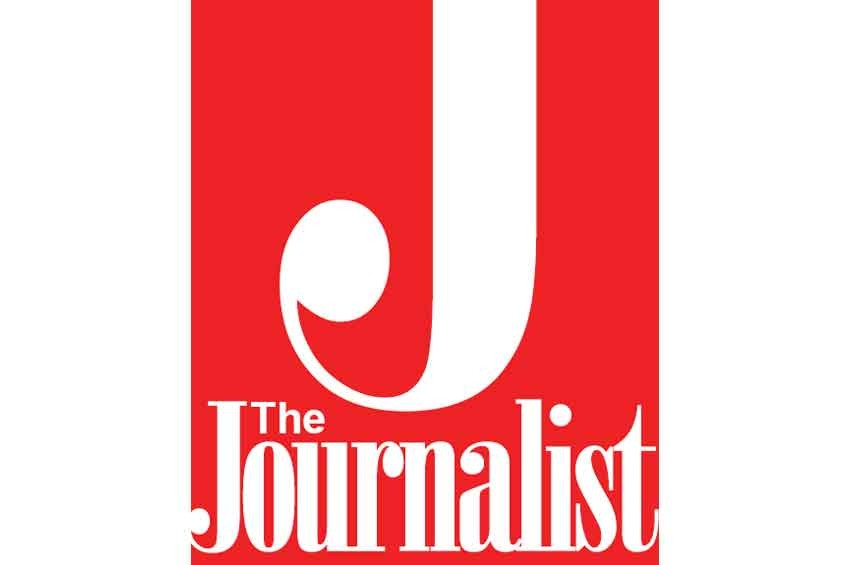During the Great Recession, something happened that I found surprising -- and very encouraging. When the United States and other wealthy countries faced a financial crisis, I expected they might cut foreign aid. But instead, from 2007 to 2009, data we analyzed from The Organization for Economic Cooperation and Development show that donor nations increased their commitment to global health aid by 16% -- and millions of lives were saved. Right now, we’re at risk of a very different outcome. In a typical year, G7 nations donate about $122 billion to address long-term health, economic development and welfare needs in low-income countries. But this is not a typical year. The crises the world faces have multiplied: Covid-19, the war in Ukraine, food shortages, inflation. Some countries are considering redirecting aid to immediate humanitarian assistance, such as housing Ukrainian refugees. Efforts to fight diseases in low-income countries stand to lose billions of dollars.
Development aid is a tiny portion of the budget of the countries that donate it. But for those that receive it, it’s transformational. Over the last two decades, these contributions helped the world experience one of the greatest periods of progress in the history of global health. The mortality rate for children under five was cut by more than 50% from 2000 to 2020. Deaths from some of the world’s most dangerous infectious diseases fell by 46% in the last 20 years. Not coincidentally, economies grew, too.
When Covid-19 struck, however, things headed in the other direction. We have the chance to get back on track through investments we know pay great dividends. Take the Global Fund to Fight AIDS, Tuberculosis and Malaria. Every $100 million to the Global Fund means TB treatment for nearly 100,000 people, HIV counseling and testing for 4.3 million people, 7.6 million mosquito nets distributed to prevent malaria and more.
Generous development assistance would also accelerate many promising breakthroughs. A new oral vaccine could help finally eradicate polio, if funds are available to distribute it. A promising new antiretroviral drug that once was prohibitively expensive has now been made widely accessible, decreasing the chances of dying from AIDS.
Ending the heartbreak of parents burying their children is reason enough to invest. But money spent right does even more. Wiping out preventable diseases helps families and entire countries escape poverty and become more stable. Spending by donor countries on better health now saves money later: That $100 million to the Global Fund, to take one example, would yield nearly $3 billion in returns.
These investments help halt viral threats in one part of the world that could spread and kill people in another. The impact of the pandemic, as devastating as it has been, could have been far worse. That’s because innovations and systems that prevent and treat diseases in normal times turn out to be critical in times of crisis.
Philanthropic foundations should increase global health funding.
Development aid is a tiny portion of the budget of the countries that donate it. But for those that receive it, it’s transformational. Over the last two decades, these contributions helped the world experience one of the greatest periods of progress in the history of global health. The mortality rate for children under five was cut by more than 50% from 2000 to 2020. Deaths from some of the world’s most dangerous infectious diseases fell by 46% in the last 20 years. Not coincidentally, economies grew, too.
When Covid-19 struck, however, things headed in the other direction. We have the chance to get back on track through investments we know pay great dividends. Take the Global Fund to Fight AIDS, Tuberculosis and Malaria. Every $100 million to the Global Fund means TB treatment for nearly 100,000 people, HIV counseling and testing for 4.3 million people, 7.6 million mosquito nets distributed to prevent malaria and more.
Generous development assistance would also accelerate many promising breakthroughs. A new oral vaccine could help finally eradicate polio, if funds are available to distribute it. A promising new antiretroviral drug that once was prohibitively expensive has now been made widely accessible, decreasing the chances of dying from AIDS.
Ending the heartbreak of parents burying their children is reason enough to invest. But money spent right does even more. Wiping out preventable diseases helps families and entire countries escape poverty and become more stable. Spending by donor countries on better health now saves money later: That $100 million to the Global Fund, to take one example, would yield nearly $3 billion in returns.
These investments help halt viral threats in one part of the world that could spread and kill people in another. The impact of the pandemic, as devastating as it has been, could have been far worse. That’s because innovations and systems that prevent and treat diseases in normal times turn out to be critical in times of crisis.
Philanthropic foundations should increase global health funding.
By CNN

